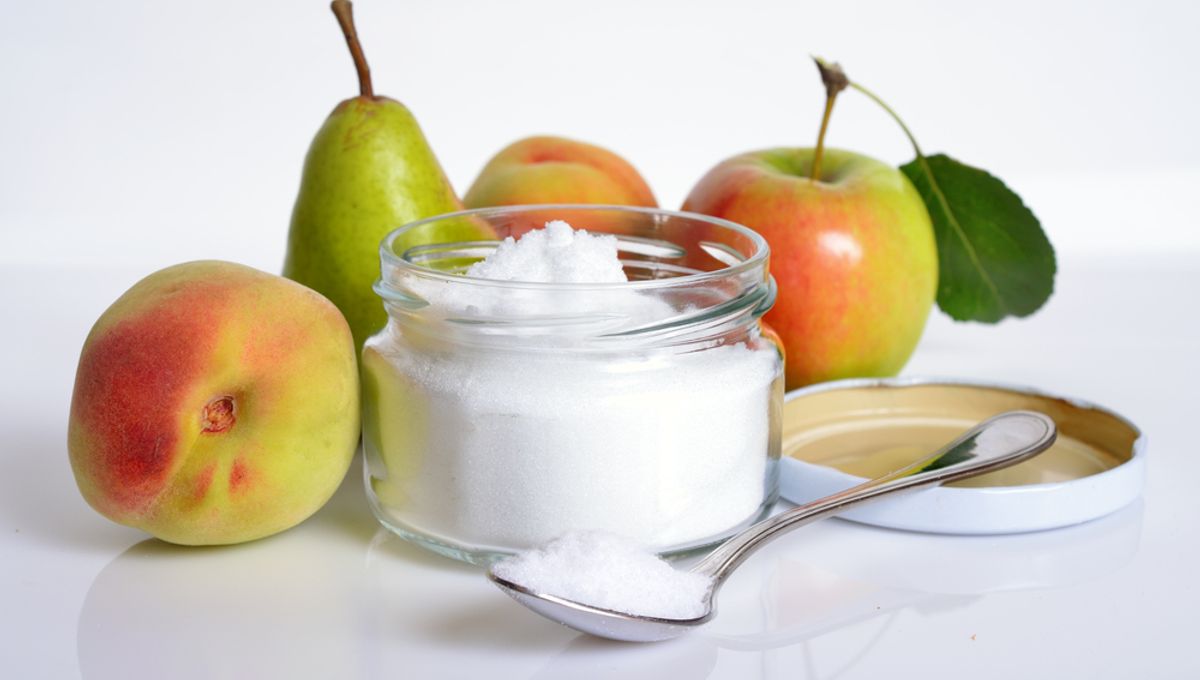
An evolutionary instinct that relies on fructose within the brain could drive the development of Alzheimer’s disease, according to a new study. The results suggest that diet could be influencing the onset of the disease as a result of a foraging instinct, and that consistent fructose intake may be stimulating brain activity that results in neuron death and pathological protein accumulation.
“We make the case that Alzheimer’s disease is driven by diet,” said the study’s lead author Richard Johnson in a statement.
The idea focuses around a mechanism that triggers in the brain during periods of scarcity, stimulating our bodies into foraging for food to supplement our dietary needs.
“A basic tenet of life is to assure enough food, water and oxygen for survival,” write the authors in the study.
“Much attention has focused on the acute survival responses to hypoxia and starvation. However, nature has developed a clever way to protect animals before the crisis actually occurs.”
When humans are low on food, a foraging instinct kicks in to get them to focus on the important things. Impulsivity and risk-taking goes up, and our memories and time-keeping get suppressed while our brain rations resources. Fructose powers this dampening – as fructose is metabolized, the foraging instinct is increased and we can continue to look for resources.
It all sounds quite useful, except humans don’t really forage anymore and too much fructose can lead to some big problems. The researchers state that fructose metabolism was linked to reduced blood flow to areas of the brain involved in self-control, while it increased blood going to the food reward area, further boosting the foraging response.
So, what happens when the brain gets too much of a good thing? The team believe our brains may have become stuck in the “on” position, with constant fructose metabolism resulting in inflammation.
“We believe that initially the fructose-dependent reduction in cerebral metabolism in these regions was reversible and meant to be beneficial,” Johnson continued. “But chronic and persistent reduction in cerebral metabolism driven by recurrent fructose metabolism leads to progressive brain atrophy and neuron loss with all of the features of [Alzheimer’s].”
Fructose in the brain has been linked to a number of pathological problems, including the buildup of Alzheimer’s-related proteins.
“A study found that if you keep laboratory rats on fructose long enough, they get tau and amyloid beta proteins in the brain, the same proteins seen in Alzheimer’s disease. You can find high fructose levels in the brains of people with Alzheimer’s as well,” Johnson added.
This is very early research and the study urges for significantly more investigation into any fructose–Alzheimer’s disease links, but it could help change therapeutics and guide dietary guidelines in the future if supported by further data.
The study was published in The American Journal of Clinical Nutrition.
Source Link: Fructose Intake Could Be Behind Onset Of Alzheimer's Disease